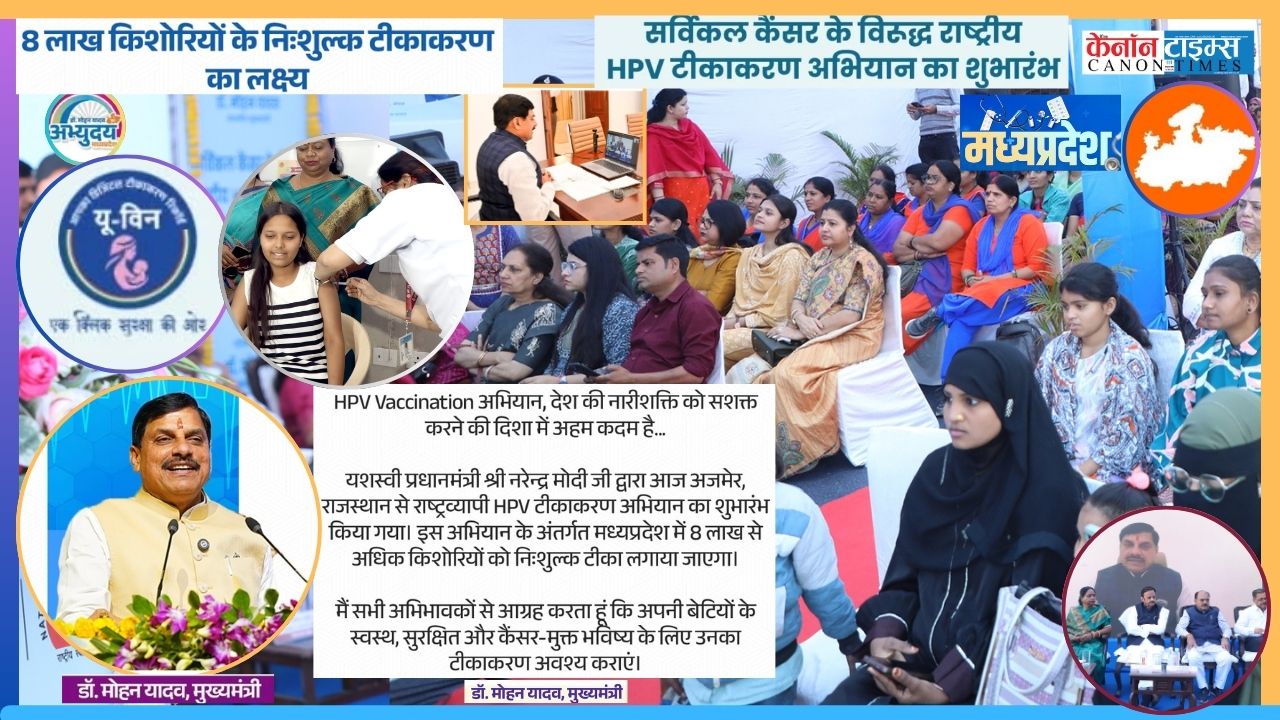In today’s constantly changing world, the G-7 should reconsider its purpose.
Italy’s Prime Minister Giorgia Meloni welcomed leaders from 10 nations, including Prime Minister Narendra Modi, to the “G-7 Outreach” Summit. She emphasised the need to shift away from the “West vs. the Rest” narrative. Italy invited Global South countries, including BRICS members like Brazil, India, and the UAE, to a meeting on energy challenges in the Mediterranean Apulia area. The event will also include seven African countries. The G-7 was previously regarded as a dynamic club of established democracies, with heads of state collaborating annually to address global financial and development challenges.
The grouping has been less effective because to manufacturing slowdowns, the COVID-19 pandemic, the Russia-Ukraine conflict, and western sanctions. The G-7 leadership’s weak electoral prospects did not boost its image during the summit.
The unified communiqué lacked a clear call to action for resolving global issues. The G-7 provided “military, budget, humanitarian, and reconstruction support” for Ukraine without a clear plan to end the conflict.
Israel has also rejected a cease-fire petition from Gaza. The G-7 emphasised China’s unfair practices and “industrial targeting” in Indo-Pacific, but it’s unclear if any member countries will diminish their own commercial links with Beijing. The communiqué reaffirmed commitments to eight infrastructure corridors, including the India-Middle East-Europe Corridor, but failed to prioritise project execution above discussion.
India, attending the G-7 for the eleventh time, may evaluate the engagement’s effectiveness in light of contemporary circumstances. The event provided an opportunity for Mr. Modi, now in his third term, to meet with global leaders. However, the meetings did not yield significant results. Bilateral meetings with leaders of key partners, including the United States and Canada, did not take place. Mr. Modi praised India’s elections as a “victory for the democratic world,” emphasised the role of technology and artificial intelligence in bridging global gaps, and highlighted the relevance of the Global South, particularly Africa.
The G-20 is better suited to address these concerns, whereas the G-7 may need to reconsider its role in light of changing global power dynamics.
ABHISHEK VERMA
Author: This news is edited by: Abhishek Verma, (Editor, CANON TIMES)
Authentic news.






